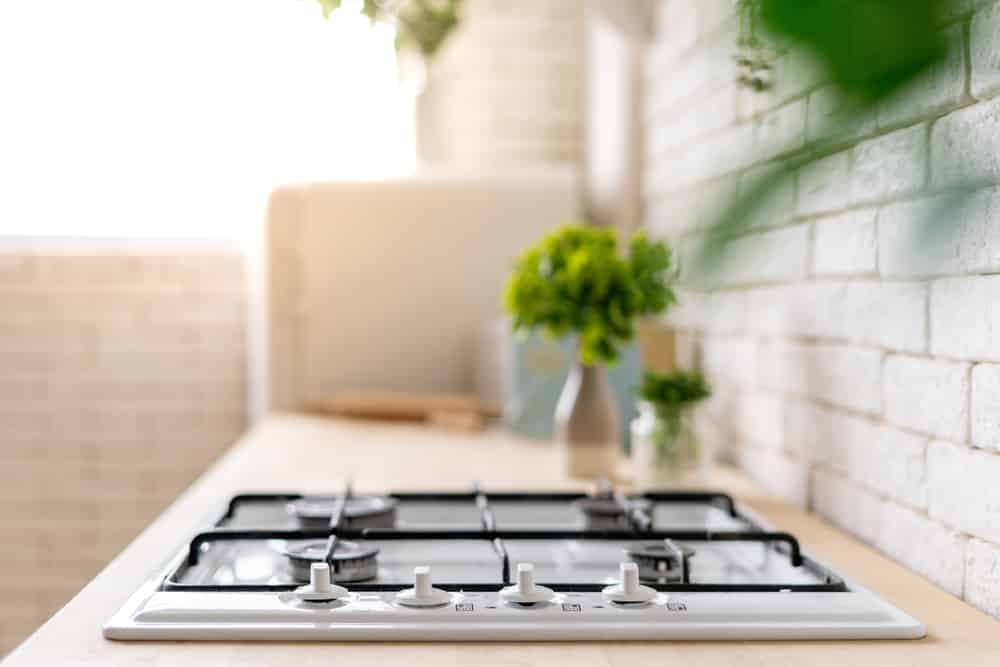
It is quite common to see a bit of condensation on the stovetop depending upon the current environmental conditions in your region. There is no need to alarm yourself in this situation as your unit is working perfectly. However, if you’re getting an excessive amount of moisture on the stove, then it can create some issues for the users. So, make sure to call customer support if you’re not getting the desired performance from the stove.
Recently many users have been asking about why their stove is leaking water. If you’re struggling with a similar issue and don’t know why your stove might be creating these problems for you, then the following list of solutions should help you maneuver through the problem.
Why Is My Stove Leaking Water?
- Defrost Food
The first thing you can do to get ahead of this issue is to always thaw food items on a heating panel before using them on the stove. That way, you won’t have to worry about the condensation of vapors that much, and you won’t create any mess on the stove. So, just spend a few minutes in the defrosting process and then cook the food on the stove. Hopefully, you won’t have to worry about the leaking issues again.
The water on your stove can be traced back to vapors from the food rising up to the range hood and then getting condensed into the water before they fall back on the stove. So, while you might think that the stove is leaking, water is actually dripping from the range hood onto your stove. You can minimize this issue by having more control over the temperature of the range hood and the stove.
If you turn the range hood on beforehand, then you won’t have to worry as much about the condensation problem. All the vapors in the air will be pushed out with the fan, and the range hood won’t drip water on your stove.
- Fix Insulation
Defective insulation in your stove can also lead to similar problems in the stove where the steam will touch colder regions of the stove and condense into water. So, if you’re not using a range hood, then you’re likely dealing with insulation issues. It can be somewhat complex to get ahead of this problem and it is best if you could call an expert to get ahead of this problem.
If your unit is under warranty, then calling the dealer will help you fix this problem for free. Otherwise, you’ll have to put in some budget to improve the insulation of the colder sections in your stove. That way, the temperature difference on the stove won’t impact the condensation, and you’ll be able to manage the leaking issues easily.
Your main focus should be on minimizing the condensation, and you won’t have to deal with the water leaking from the stove. It can be quite challenging to get ahead of this problem, but if you defrost the food and fix the insulation, there is a good chance that you won’t have to deal with this issue again.
- Replace Fan
Some users have also pointed out that the venting system in your system can also lead to similar problems. So, if you’re using a complete cooking range, then there is a chance that you’re dealing with this issue because of a defective fan in your venting system. Luckily, this repair is not that expensive, and you can install a replacement fan to get ahead of this problem.
The venting system is responsible for driving all the heat out of the unit, and you won’t have to bother with condensation as much. However, when this venting system is broken, it becomes impossible to stop leaking water as the hot air comes into contact with the colder regions. So, there is a good chance that you’ll be able to fix this issue after replacing the fan in your range vent.
All in all, these were a few solutions that you need to use to fix your water leaking problems. Depending upon the model you’re using, it is always best to rely on an expert for help. That way, you won’t have to spend hours isolating the issue and implementing relevant troubleshooting steps.